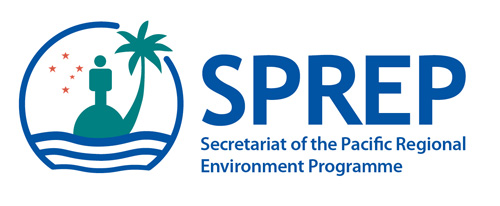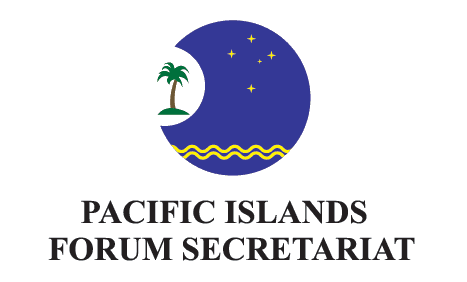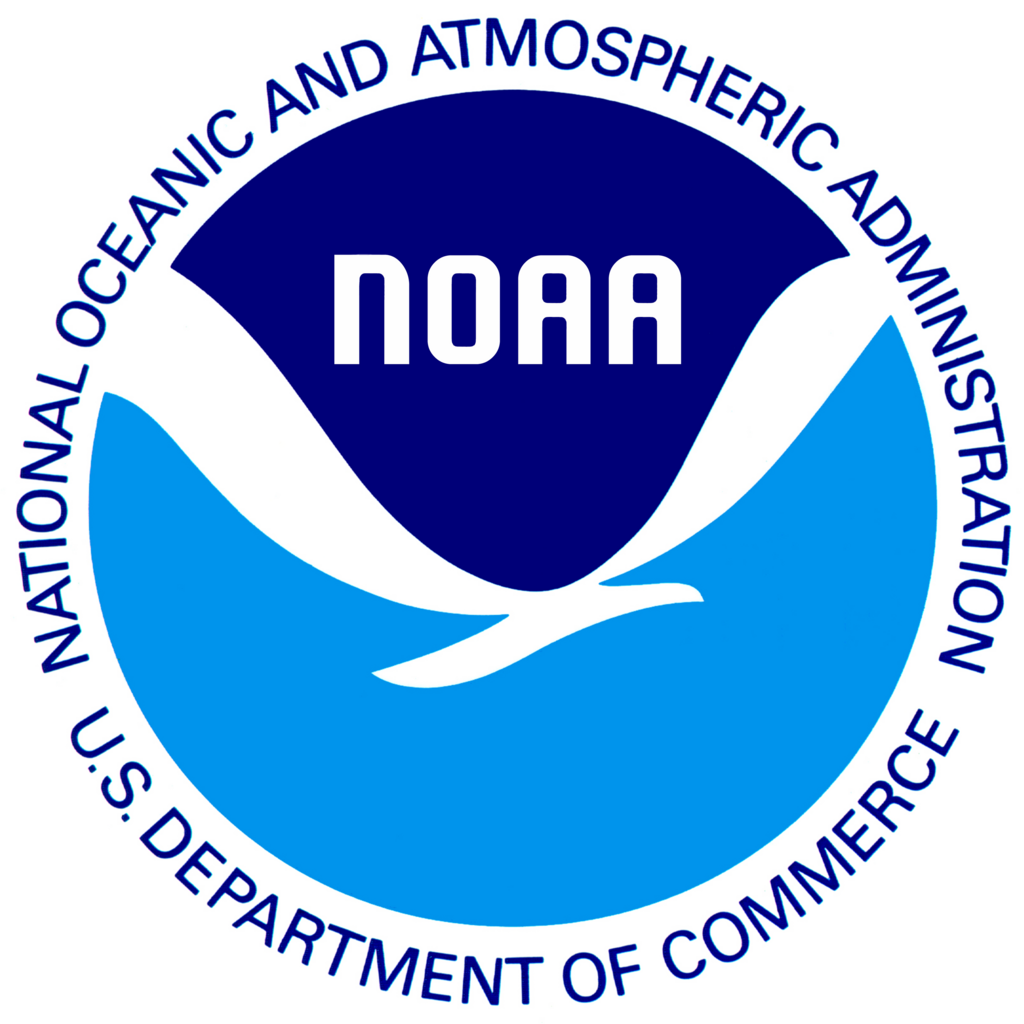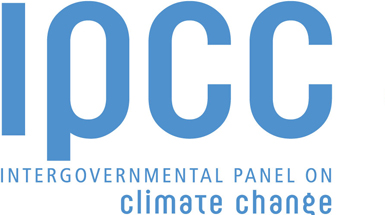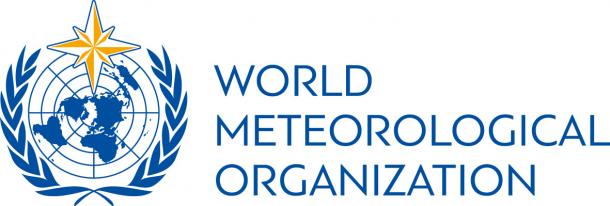This component focuses on training and developing a cadre of local skilled professionals sufficiently large and deep to support and guide governments, NGOs and regional development partners in their efforts to adapt to climate change, and to train others in adaptation especially at community level.
Formal Training This is part of a formal course of study at the University of the South Pacific. The principal component of this is postgraduate training, which is primarily intended for people in the Pacific Islands involved with medium-to-long term planning for natural resources, economic and social development, and/or the natural environment, especially graduates working in governments or NGOs who are not yet familiar with climate-related issues but need to be so, e.g. because of the impact of climate on agriculture, water resources, coastal zones, health etc. The aim is to give them the background they need in climate change science, impacts, adaptation and policy. The training is given a practical focus by including contributions to community projects and targeted research. The project will also look at developing a Postgraduate Diploma in Disaster Risk Management Programme.
Non-Formal Training The non-formal training will organise capacity building workshops and training of trainers program to improve the knowledge and skills of the climate change practitioners in the region. This knowledge and skills will focus on climate change related topics, but also practical management skills, such as project management, written and oral presentation, reporting, monitoring and evaluation of project, conflict management,etc. Two sessions of the non-formal training programs will be carried on within the duration of the projects. The topics and skills covered by these sessions will be determined by the needs and demands from the practitioners.

